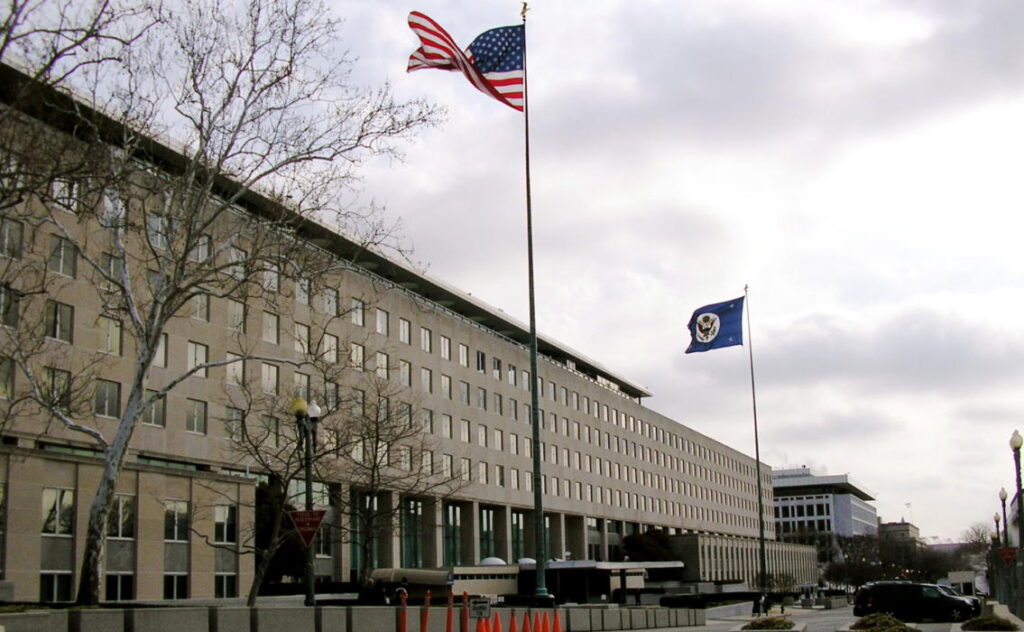There hasn’t been much polling out of Alaska but sometime around Labor Day, Republican challenger Dan Sullivan took a narrow lead in both the individual polls (excepting one partisan poll) and in the aggregate. It’s famously hard to poll Alaska, what with all its far-flung fishing communities and Native villages, but the bias has historically overestimated the Democrats’ support so Senator Begich is beginning to look a bit like a dead duck.
Before you despair, however, it should be noted that Senator Begich has a massive grassroots organization that is attempting to do what no other campaign has ever done in Alaska. They are aggressively courting the voters in precisely those remote and Native communities that have always been so hard to poll.
In Alaska, Begich made an early decision to focus on the ground. Retail politics is in his blood. Begich’s father, Nick, served as Alaska’s lone congressman and made frequent rural visits before disappearing in a 1972 plane crash — an accident that still resonates in Native villages. The senator’s siblings travel throughout rural Alaska for their work, as do his mother, Pegge, and wife, Deborah Bonito.
Begich’s outreach extends into urban precincts as well. Andrew Halcro, president of the Anchorage Chamber of Commerce and a former Republican state legislator and gubernatorial candidate, said there is “no comparison” to the Begich operation.
“I have never seen 20-somethings roaming my neighborhood with iPads with the data they have,” Halcro said. “There’s never been this organized, concerted, backbone effort before.”
The unique challenge for Begich has been to build a modern campaign in faraway places with severe logistical and communications obstacles. Jennifer O’Malley Dillon, who oversaw Obama’s 2012 field organization as his deputy campaign manager, made several trips to Alaska this year to help the Begich team adapt modern techniques in rural outposts.
At first, his effort might seem like a tremendous amount of effort for a tiny handful of votes. Is blanketing Quinhagak, a city of 669 people (not voters), going to change the outcome of the election? How much advantage can be gained by canvassing Kotzebue, a city of thirty-two hundred in the Arctic Circle?
But spread these efforts out across the whole state and combine them with a large ground game in the cities, and you suddenly begin to build up a big advantage. By going into remote Native communities and serving Muktuk (whale blubber) at their gatherings, Team Begich has the potential to sweep up votes by huge majorities by winning the allegiance of the people there en masse. It’s easier to net three hundred votes this way than by sending out voter registrations teams in Juneau.
The Begich plan is calibrated to Alaska’s unique geography and electorate, but it’s part of the national plan for Senate Democrats who hope to emulate the things that made Obama’s ground game so successful. Almost by definition, if these plans are successful they will be successful by changing the expected shape of the electorate. In other words, if it works, the polling models will be wrong.
That’s what happened in 2012, and we’ll just have to wait until November to see if it will be true again in 2014.
Unless, of course, you don’t want to wait. In that case, you should join the team now.
